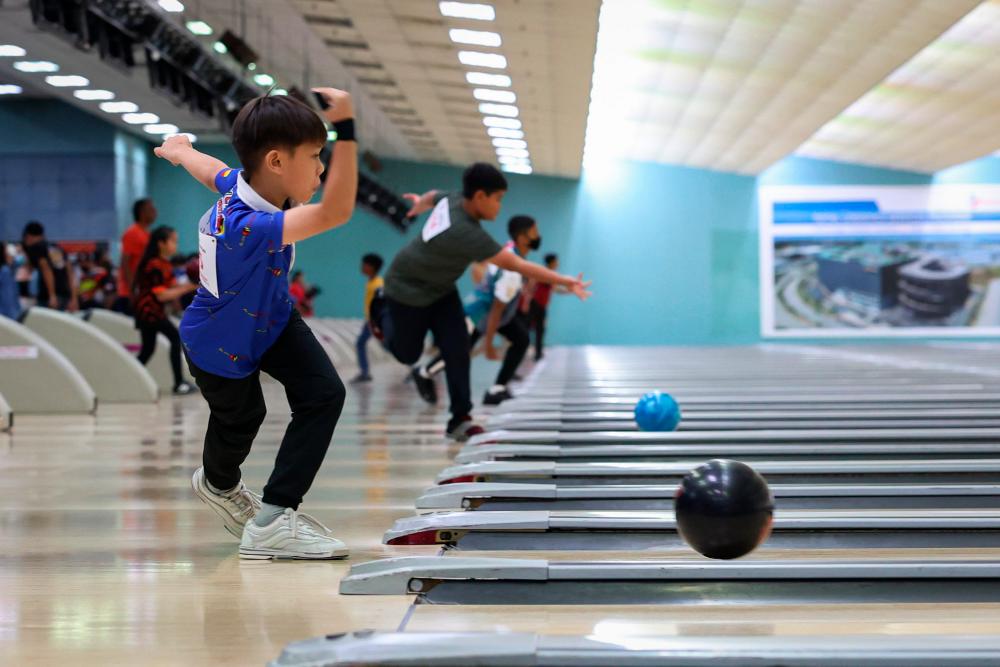IN assessing Malaysia’s recent shrinking numbers in podium winners, we find that we are struggling at all levels, from regional competitions up to the 2023 Guangzhou Asian Games.
Even mainstream sports such as badminton, squash, athletics, swimming, diving, football and hockey have only seen mediocre performances except for cycling, which shows some promise.
We have no skilled or prepared athletes who can step up when injury, illness or retirement occurs to our national athletes.
It is time to invest in a nationwide grassroots sports development programme to scout, target and train youngsters to recapture that standard of excellence which Malaysia achieved in the 1970s and 80s.
We should begin this all-inclusive project with a rigorous level, physical education curriculum for all children that builds and develops skills progressively daily, from early schooling right through to graduation.
Not only are we preparing future champions, but we are also building a much larger talent pool from which to draw, in addition to creating a fitter, healthier population.
During the 1970s and 1980s, all of our athletes were Malaysians who were scouted and trained at home. We knew there was talent there.
It is our challenge to rebuild that standard of excellence in today’s young Malaysian athletes.
To carry out such a large-scale programme, all physical education teachers, coaches and trainers must receive specialised training.
As talented athletes progress, the costs of training and equipment increase exponentially for their families.
It is critical to have programmes in place to support these increased costs so that we do not lose our best and brightest due to financial constraints.
In addition to the programme, we need to provide community sports talent camps for fun and participation in a variety of skills, races and games that foster confidence and camaraderie among all participants.
These camps should be run by former champions and coaches, who can contribute their time during weekends and for special events.
These events can be attended by children aged six to 12, including their families.
Corporate sponsorship, donations and community fundraising are funding these excellent opportunities for the fun and further training of our young athletes.
Other Asian countries have also implemented nationwide grassroots training programmes, with notable results.
Four years ago, India launched its programme in every village in every state, with Prime Minister Narendra Modi’s support.
This year In the Hangzhou Asian Games, India’s athletes won an unprecedented total of 107 medals.
Other Asian countries that have initiated targeted enriched sports programmes with great success are China, Japan, Vietnam and Thailand.
Beyond all-inclusive training programmes, Malaysia must make significant investments in upgrading sports venues and training facilities.
They must also be outfitted with top-quality equipment to provide athletes with the best chance of reaching optimal performance during elite competitions.
These facilities must be managed by highly skilled, experienced professionals.
The ultimate reward for all of this hard work and targeted investment is the joy and patriotic pride that will fill every Malaysian heart as we celebrate our victories together, regardless of race, religion, or economic status.
One unified nation under the Jalur Gemilang, with all of us singing the Negaraku.
As a management guru once said, “Those who fail to plan, are planning to fail.”









